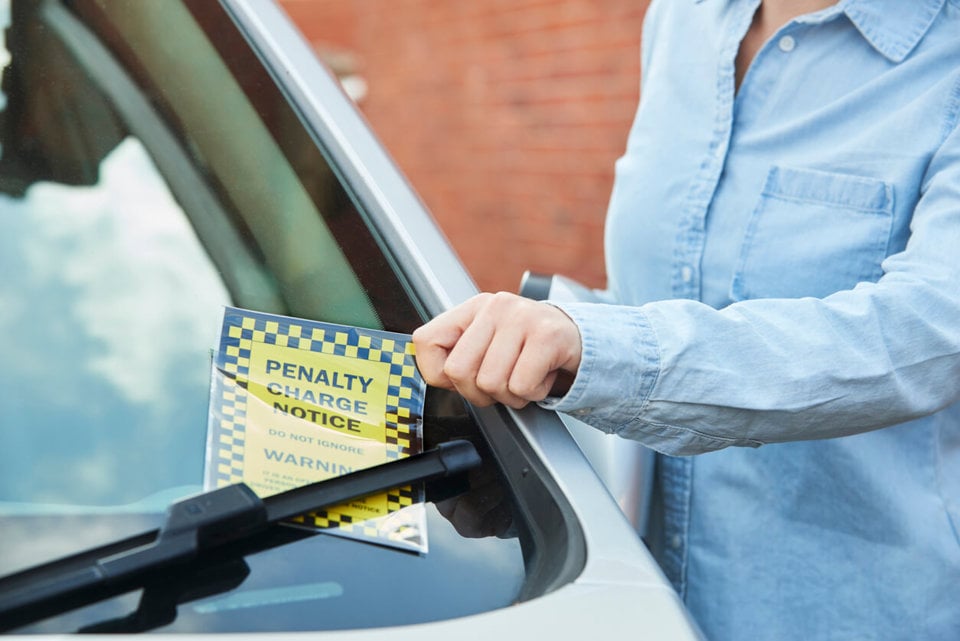Fleet representative body ACFO is to publish a memorandum of understanding document looking at best practice around parking charges on private land.
The document, produced with trade body the British Parking Association and one of the UK’s major enforcement companies, Parking Eye, will essentially comprise a series of “top tips” advising fleet managers and drivers on how to avoid charges being imposed; the process for transferring charges to drivers and the system relating to appeals against a parking charge.
ACFO chairman John Pryor led the organisation’s delegation at a 'summit meeting' with the parties, which also included ACFO director Denise Lane and ACFO member Glenn Ewen, fleet manager at Clear Channel UK, with many parking charges incurred when employees were changing advertisements in 45,000 bus shelter billboards and on 4,000 other billboards nationally including at motorway service areas.
ACFO has labelled the current administration system for handling parking charges on private land “an inefficient and cumbersome process”, but admits the way forward is improved education of all parties: fleet decision-makers, company car and van drivers and leasing and rental companies.
The discussions came more than two years after ACFO first tackled the issue with a ‘master class’ on charges for parking and motoring offences amid concerns over the nightmare they caused for fleet decision-makers and company car and van drivers alike. It followed that up earlier this year with a debate focused on the unregulated parking of vehicles on private land, which featured a number of speakers including representatives of the British Parking Association, Parking Eye and Ewan.
Pryor said: “Without rules and regulations, ACFO accepts there would be parking carnage. However, the increased use of Automatic Number Plate Recognition cameras following the demise of vehicle clamping has made it easier for enforcement organisations to levy parking fines.
“It is a hugely emotive issue for fleet operators and drivers, but many issues can be solved through education. That is what the memorandum of understanding will address.”
ACFO, the British Parking Association and Parking Eye are now compiling the document, which it is hoped will be issued before the end of 2016.
ACFO continues to call for the whole parking charges system to be digitalised with Pryor saying: “We don’t want fine notification and bits of paper being sent through the post.”
However, in the interim ACFO believes the memorandum of understanding will assist members in overcoming concerns and removing confusion and anxiety around parking charges on private land.
ACFO also believes that leasing and rental companies have a key role to play in helping their fleet customers overcome the issue.
Almost all the major contract hire and leasing companies and rental providers report huge annual increases in the volume of parking charges on private land being handled.
Pryor said: “It is clear from information provided by our members that there is no uniformity for the treatment of parking fines by leasing and rental companies. We recommend that fleet managers have the issue high on their agenda when they meet with their providers.”
ACFO continues to discuss the issue with the British Vehicle Rental and Leasing Association and is aware that while some leasing companies immediately pay a parking charge before recharging the cost to a client with an additional administration charge thus negating any appeal opportunity, others have introduced a policy that delays payment by 24-hours to enable an appeal to be lodged.
“Ultimately it is about education. We believe our forthcoming memorandum of understanding will assist all parties in that process.”

















Martin Wilson - 14/09/2016 11:42
This clearly does not fill me with any confidence when if the above story is based on comments by the AFCO they cannot even get the simple things correct. Private parking companies cannot "fine" anyone they are merely private parking charges. Only organisations such as the police and councils can fine anybody.